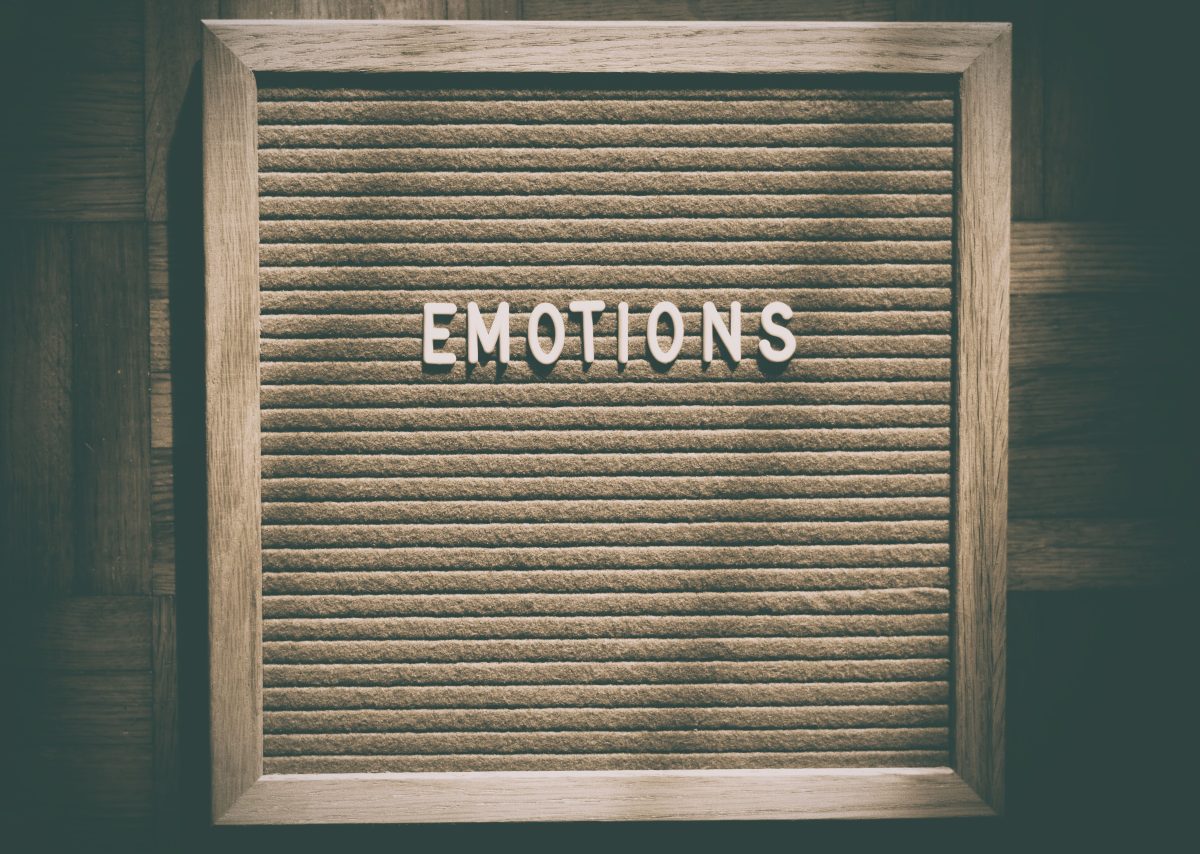Addiction impacts all areas of the person’s life
More than just damaging the person with substance use disorder, substance abuse damages those around them, particularly their relationships. Mental health, finances, and other areas can be affected by substance abuse. Family members of alcoholics and drug addicts are at risk for physical, mental, and social problems.
Here are six ways drug and alcohol use affect relationships and warning signs that you or a loved one may be struggling with addiction:
- Impact on Family, Marriage and Children
An addiction (or Substance Use Disorder – SUD) is when someone uses alcohol or illegal drugs (or both) without being able to control how much they use. This makes it hard to meet responsibilities and obligations and wastes a lot of time recovering from the effects of the substance.
Substance use disorders can significantly impact personal relationships by damaging social wellbeing. When someone struggles with substance abuse, close family members can suffer greatly.
Family members can be affected in several ways by drinking and drug use:
- Neglecting essential duties, including family commitments
- Isolating from others to manage hangovers
- Facing legal problems as a result of choices made under the influence
It’s common to discuss substance abuse from a physical and psychological perspective.
A person’s social health is based on the quality of their relationships with others and their ability to keep those relationships positive and rewarding. These cheerful, rewarding relationships are often essential to someone’s wellbeing, as social health and a supportive social network are closely linked to success, self-esteem, and happiness in life.

Children
According to a survey, every fifth adult American lived with a drug- or alcohol-addicted relative during childhood.
Children of alcoholics are four times more likely to have problems with drugs than children of people who don’t drink. Those around alcohol as teenagers are more likely to have emotional problems than adults.
Children are likely to notice changes in behaviour from family members under the influence and falsely believe that they caused these mood swings, which may lead to self-blame, guilt, frustration, and anger.
The prefrontal cortex regulates higher brain functions like attention, self-control, and planning. It governs the emotional responses generated by older brain regions. Excessive substance use can weaken this area, making one more vulnerable to mood swings.
Friends
Those with substance abuse problems tend to push away the people who care about them and are concerned about their drug and alcohol use.
It can be hard to recognize how our friends’ behaviours may influence us. Unfortunately, hanging out with people who drink a lot or have substance abuse issues may encourage us to do the same.
Siblings also struggle when addiction strikes a family.
- Impact on Money and Finances
It’s expensive to maintain an active addiction. Substance abuse is challenging to treat because many individuals spend a lot of money on drugs to feel better. Unable to keep a steady job, they might ask others for food, shelter, or money or for financial help to pay for a treatment facility or other program.
Since people have less self-control, they may also be more likely to buy things without thinking about the consequences.
College students who binge drink may receive lower grades, which can negatively impact their future job prospects and salaries. Those who binge drink or drink heavily at work may be absent from work more often than those who do not binge drink. When someone drinks excessively, it can hurt their job prospects and income for years to come.
- Impact on Mental Health
According to one 2017 Substance Abuse and Mental Health Services Administration study, 8.5 million American adults had both a mental health disorder or mental health issues and a substance use disorder or co-occurring disorder.
It is common for substance use and depression/anxiety to coexist. Typically, depression and anxiety trigger substance use problems and they self-medicate their symptoms.
Addictions, on the other hand, can lead to depression and anxiety. Substances alter your brain’s chemical balance. When you drink alcohol, the first thing you do is relax. This is because alcohol makes the relaxing neurotransmitter gamma-aminobutyric acid (GABA) work better and makes the stimulating neurotransmitter glutamate work less well. Your brain quickly adjusts to this change, producing less GABA and more glutamate. This causes you to feel worse when you don’t consume alcohol. The same thing occurs with other substances.
Emotional volatility
Having issues with alcohol or substance use can cause a lot of emotional instability, such as having a quick temper or mood swings and lashing out when constantly feeling anxious or as if they are being threatened in some way is especially common. Someone who believes their loved one stands in the way of their alcohol or drug use is especially likely to become aggressive. Drugs and alcohol may seem like fundamental needs that a loved one denies, so they become angrier.
Long-term substance abuse damages the prefrontal cortex, which controls emotions and urges, and its connections to other parts of the brain, particularly the reward centres. Brain imaging studies have documented this.
The prefrontal cortex is responsible for higher functions like attention, planning, and self-control. It moderates the emotional responses generated by older brain regions. Heavy drug use can weaken this area, making them This area can be weakened by excessive substance use, making one more susceptible to mood swings.

Secretive and suspicious
Those with substance use problems often become secretive and take more care to protect their privacy. They may become less chatty or more suspicious when people ask them questions. They may be wary that others are trying to get information out of them, spending more time alone and refusing to disclose where they have been or what they have been doing.
When battling substance abuse issues, people often become secretive and take extra precautions to protect their privacy. They may become less friendly or suspicious when people ask them questions.
There are many reasons behind this suspicious behaviour. Their friends’ and family’s disapproval would prevent them from drinking or using drugs. They may use illicit drugs or illegally obtain controlled substances. They may be concerned about getting into legal trouble or causing others trouble.
- Losing Interest in Activities Previously Enjoyed
Everything else gets pushed to the side when addiction becomes the essential thing in one’s life.
Substance use will gradually take over your spare time, whether it’s spending time with your family, playing a sport you love, or fulfilling a passion. Because substance use comes before all else, your other passions will gradually lose ground. This will damage your relationships because people don’t like to be secondary to substance use.
Prolonged substance use, as described above, impairs the prefrontal cortex, resulting in riskier or less ethical behaviour. The impairment of foresight, as a result, contributes to the inability to foresee the adverse consequences of drug and alcohol use/actions.
- Risky Behaviour
Drugs and alcohol may lower inhibitions, making someone more willing to engage in risky behaviour such as sharing drug paraphernalia or engaging in unprotected sex.
A lack of awareness of consequences can also affect close personal relationships. They are even stealing from loved ones to support their habits.
- Codependency
A codependent relationship can be between substance-abusing individuals, family members, spouses, or children. For example, an individual with a substance use disorder might stay in a codependent relationship that enables self-destructive behaviour. In such a relationship, the individual relies on the other to fulfil their emotional needs and provide them with self-esteem.
Codependency also has characteristics of enabling. Someone who behaves in a codependent way may be irritated by their addicted loved one’s needs and actions but feel compelled to look after them. People with substance abuse issues rely on the codependent just as much as the codependent depends on them. Their sense of self may become intertwined with the “martyr” identity, making them feel required to “serve” or “sacrifice” for their partner even though they are looking to fulfil their own needs for connection and intimacy.
Seeking support
If you or a loved one are dealing with any of the abovementioned issues. Choosing appropriate treatment is important.
A recovery program that addresses the alcoholic’s physical, psychological and social aspects is vital for overall wellbeing, rebuilding relationships, and minimizing the risk of relapse.
If you or a loved one is having issues with addiction, call Freephone 0800 140 4044
Freephone: 0800 140 4044
Local rate: 0300 330 3040



